Introduction to Kampala International University:
Introduction and Overview
Established in 2001, obtained university charter in 2009.
Nature of the school: Private non-profit university.
Campus distribution: There are main campuses (located in Kansanga, Kampala) and western campus (located in Ishaka) in Uganda, branch campuses in Dar es Salaam, Tanzania, and another campus under construction in Nairobi, Kenya.
Student size: The total number of students exceeds 12,000.
History: Founded in 2001 by Ugandan educators and entrepreneurs, it initially had only a few courses and a small number of students, and then continued to grow. It was granted a charter in 2009 and can award degrees and diplomas on its own. In 2013, it was investigated by the Uganda National Higher Education Commission on the compliance of the awarding of doctoral degrees in philosophy, and was ultimately deemed legal.
School Strength
Faculty: There are more than 300 academic staff in the main campus and more than 200 academic staff in the western campus.
Scientific research: It is a leading research institution in Uganda, with multiple research centers and institutes, conducting research in many fields such as health, agriculture, and education.
Social impact: It has trained thousands of graduates who work in key sectors of Uganda's economy and have made important contributions to Uganda's development.
Educational philosophy: Committed to providing high-quality education, focusing on practical training, providing students with a comprehensive education so that they can meet the needs and challenges of the modern world, and cultivating the next generation of talents who can solve problems in East Africa and even the whole of Africa.
Key laboratories and disciplines: There is no clear information showing that there are key laboratories. The key disciplines are speculated to be medicine, business, etc. The school offers a variety of courses in the fields of health sciences, engineering, business management, law, humanities and education.
Faculties and colleges
Main campus: There are College of Education, College of Humanities, College of Economics and Management, School of Law, School of Computer and Information Technology, College of Humanities, and Council for Higher Degrees and Research.
Western Campus: There are the School of Engineering and Applied Sciences, the School of Allied Health Sciences, the School of Biomedical Sciences, the School of Nursing Sciences, and the School of Clinical Medicine and Dentistry.
Ranking: Ranked 2nd in Uganda in 2025.
Cost: No exact tuition information has been announced yet, but you can refer to other private universities in Uganda. It is expected that tuition fees for different majors and levels will vary. Generally, undergraduate and master's tuition fees are within a certain range.
Campus Environment
Library: It has an ultra-modern library with more than 5,000 seats, providing a large number of books, online journals and free Internet.
Teaching Hospital: The school's teaching hospital has 1,200 beds and is one of the best referral hospitals in Uganda.
Other Facilities: It provides students with facilities and venues for extracurricular activities such as sports, music, and drama.
-
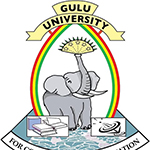
Gulu University
-

Bishop Stuart University
-

Uganda Christian University
-

Busoga University
-
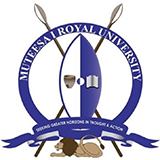
Muteesa I Royal University
-
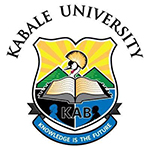
Kabale University
-
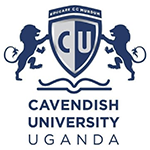
Cavendish University Uganda
-

International Health Sciences University
-
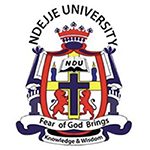
Ndejje University
-

Mountains of the Moon University
-

Mesoamerican University
-

Istmo University
-

Mariano Galvez University of Guatemala
-

Regional University of Guatemala
-

Galileo University
-

Francisco Marroquín University
-

Rafael Landívar University
-

University of the Valley of Guatemala
-

University of San Carlos of Guatemala
-

Technological Institute of Tlaxcala Plateau
-

Golfo University
-

Technological University of South Sonora
-

Technological University of Huejotzingo
-

Tizimín Institute of Technology
-

Chilpancingo Institute of Technology

